 World Menopause Day is held each year on 18 October to raise awareness, break the stigma and highlight the support available for improving health and wellbeing for those experiencing menopause.
World Menopause Day is held each year on 18 October to raise awareness, break the stigma and highlight the support available for improving health and wellbeing for those experiencing menopause.
Menopause is not just a gender or age issue, it is an organisational issue which can impact colleagues both directly or indirectly. Awareness around this topic is key to reducing the stigma attached to menopause and encouraging people to talk more openly about it.
The Long Term Workforce Plan has emphasised the importance of retaining our valued NHS workforce. Employers should be looking at their wellbeing offer and critically evaluating the experience of staff through all stages of their careers. The NHS People Promise explores the seven elements of creating a positive staff experience. A positive staff experience and a rounded support offer are vital to encouraging staff to remain in the workplace.
Did you know?
Research from the Chartered Institute of Personnel and Development (CIPD) showed that:
- women aged 50 and over are the fastest growing group in the workforce; the average age for menopause transition is 51
- three out of five working women aged between 45 and 55 who are experiencing menopause symptoms say it has a negative impact on them at work
- more than half of this group said they experienced more stress
- nearly a third of women have taken sick leave due to their symptoms, but only a quarter told managers the real reason why.
World Menopause Day 2023
The theme for World Menopause Day 2023 is cardiovascular disease. The link between reproductive factors and cardiovascular disease is another important aspect of menopause that women need to be aware of.
Researchers have recently discovered that a woman’s reproductive experiences (including menstruation, pregnancy, breast cancer treatments and menopause) can affect the chances of developing cardiovascular disease later in life. Awareness of this can help determine an individual’s risk.
The International Menopause Society has a range of resources available to support this year’s theme, these resources are also available in different languages.
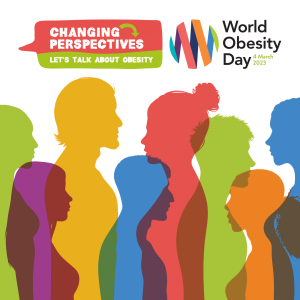 About WOD
About WOD world’s understanding, prevention and treatment of obesity.
world’s understanding, prevention and treatment of obesity.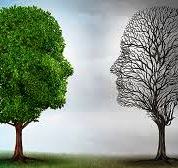
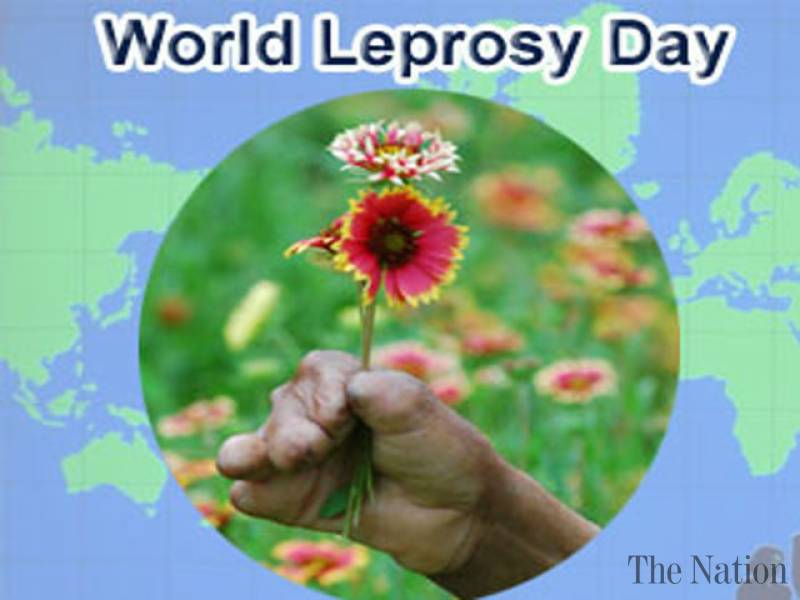 World Leprosy Day is annually observed around the world on the last Sunday of January. The day was initiated in 1954 by French philanthropist and writer, Raoul Follereau, as a way to raise global awareness of this deadly ancient disease and call attention to the fact that it can be prevented, treated and cured.
World Leprosy Day is annually observed around the world on the last Sunday of January. The day was initiated in 1954 by French philanthropist and writer, Raoul Follereau, as a way to raise global awareness of this deadly ancient disease and call attention to the fact that it can be prevented, treated and cured.
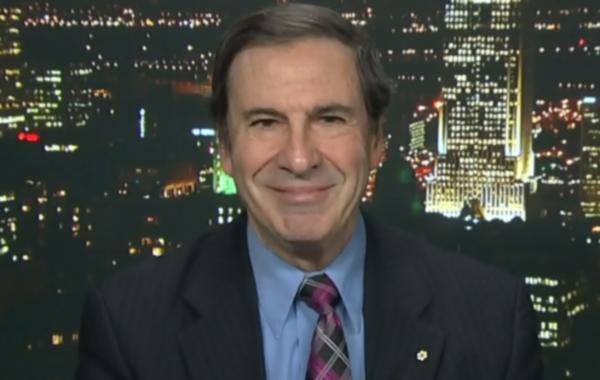
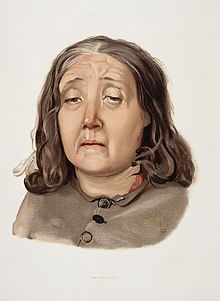 around a specific health topic of concern to people all over the world.
around a specific health topic of concern to people all over the world. misun
misun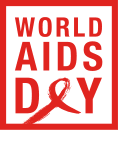
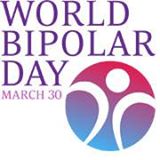 World Bipolar Day (WBD) will be celebrated each year on March 30th, the birthday of Vincent Van Gogh, who was posthumously diagnosed as probably having bipolar disorder. The vision of WBD is to bring world awareness to bipolar disorders and eliminate social stigma. Through international collaboration the goal of World Bipolar Day is to bring the world population information about bipolar disorders that will educate and improve sensitivity towards the illness.
World Bipolar Day (WBD) will be celebrated each year on March 30th, the birthday of Vincent Van Gogh, who was posthumously diagnosed as probably having bipolar disorder. The vision of WBD is to bring world awareness to bipolar disorders and eliminate social stigma. Through international collaboration the goal of World Bipolar Day is to bring the world population information about bipolar disorders that will educate and improve sensitivity towards the illness.